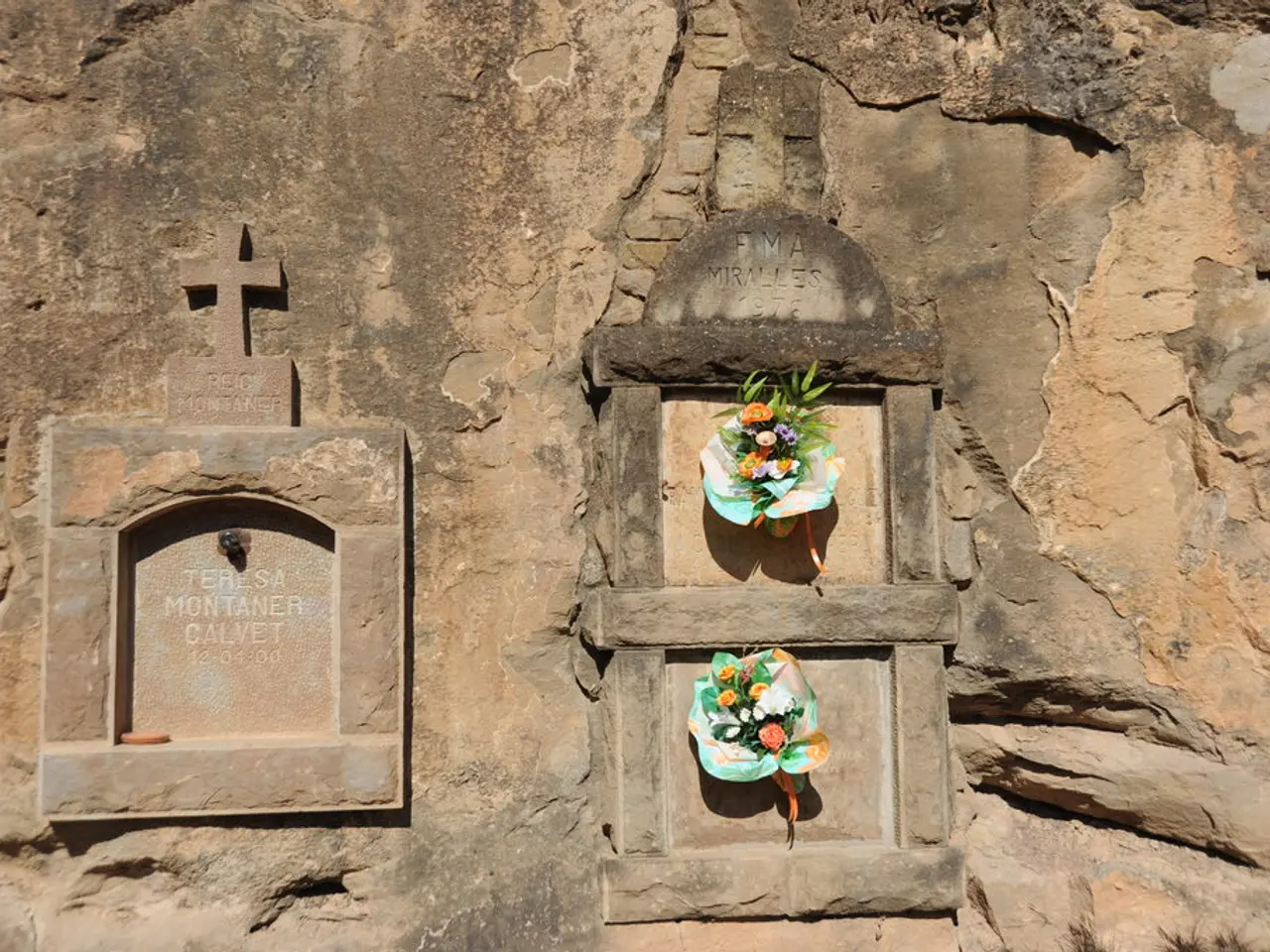World War II Anniversary Marked Differently by Japan and China on Distinct Dates
China and Japan Mark Different Paths in Commemorating World War II Surrender
China and Japan are marking the 80th anniversary of the end of World War II on different dates, with contrasting approaches to commemoration. While China emphasizes its victory and the end of Japanese aggression, Japan focuses on reflection and peace.
China designates Sept. 3 as Victory Day, a day to commemorate its victory and the end of Japanese aggression. This commemoration often includes remembrance of the suffering inflicted by Japan, patriotic displays, and reinforcing national unity under Communist Party leadership. In contrast, Japan remembers the victims on Aug. 15, the day then-Emperor Hirohito announced Japan's surrender.
The Chinese leadership under Xi Jinping uses the anniversary to underscore China's triumph and historical legacy in WWII, linking this to current national identity and governmental legitimacy. Japan, on the other hand, marks the surrender anniversary mainly by remembering the end of a painful era and pledging peace, without glorifying past military actions.
Key differences between the two nations' commemorations are evident in their tone, activities, and political context. China's commemoration is celebratory, patriotic, and commemorates victory, while Japan's commemoration is solemn, reflective, and focused on peace and reconciliation.
In China, official ceremonies, speeches by leaders, and national pride are common, while in Japan, quiet memorial services, remembrance, and peace declarations are the norm. The Chinese government uses the anniversary to highlight China's suffering and victory, reinforcing nationalism under the Communist Party, while Japan avoids militarism and focuses on peace.
On Sept. 3, 1945, the surrender of Japan occurred on board the USS Missouri. The signatories for Japan in the surrender ceremony were the foreign minister and the army chief, representing Hirohito. In contrast, China staged a military parade on the 70th anniversary of the end of the war.
Hirohito was considered a living god, and the war was fought in his name. Most Japanese had never heard Hirohito's voice before the broadcast of his prerecorded surrender speech on Aug. 15, 1945. The Soviet Union's offensive into Manchuria on Aug. 9, 1945, added to the pressure on Japan to surrender.
A museum in Benxi, China, highlights the struggles of anti-Japanese resistance fighters. These fighters holed up in log cabins in Manchuria, then retreated into Russia after the Soviet Union declared war on Japan in August 1945.
Russian President Vladimir Putin is among those expected to attend the upcoming parade in China, which is expected to include missiles, tanks, and fighter jets. The renewed focus on the anniversary came at a time of rising tension with Japan over conflicting interpretations of wartime history and a still-ongoing territorial dispute in the East China Sea.
Read also:
- Discussion between Putin and Trump in Alaska could potentially overshadow Ukraine's concerns
- Massive 8.8 earthquake hits off the coast of Russia's Kamchatka Peninsula, prompting Japan to issue a tsunami alert.
- Court petitions to reverse established decision on same-sex marriage legalization
- Independence supporters in New Caledonia refuse agreement offering authority without a vote on sovereignty







